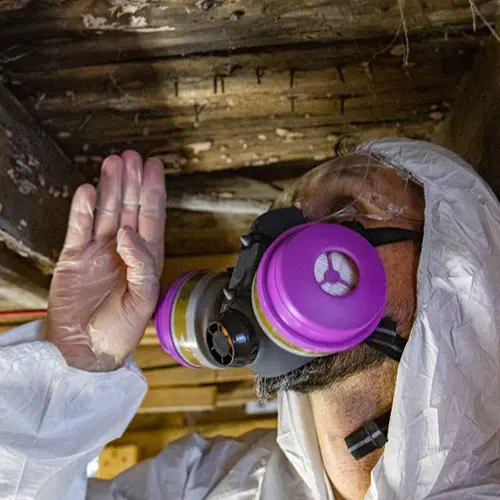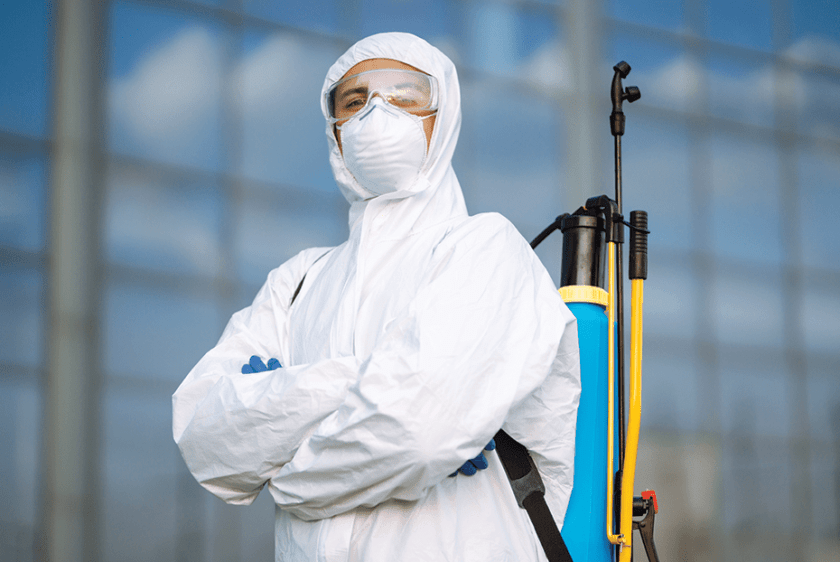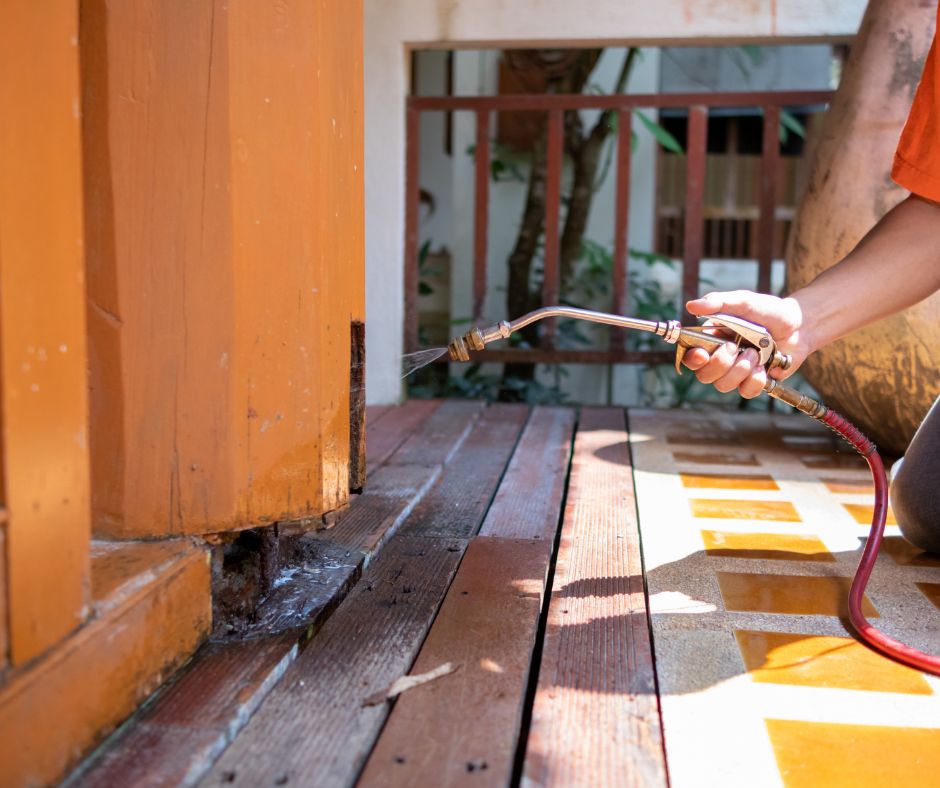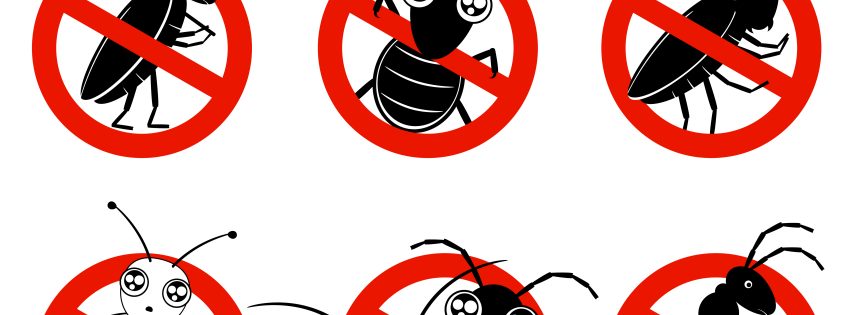Quick and Efficient Bed Bug Exterminator Port Charlotte Services for Stress-Free Living
Reveal the Value of Pest Control in Keeping a Healthy Atmosphere and Treatment Strategies

The Duty of Insects in Environments
Bugs, often viewed exclusively as problems, play a complex function in ecological communities that is important for keeping eco-friendly balance. They contribute substantially to various environmental procedures, consisting of pollination, nutrient cycling, and bug control. Lots of insect varieties, such as butterflies and bees, are necessary pollinators for a vast range of plants, which in turn supports biodiversity and food manufacturing.
In addition, pests work as target for numerous killers, developing a critical web link in food webs. This interdependence guarantees the survival of different species and helps regulate populations within communities (Termite treatment Port Charlotte). Decomposer pests, such as certain beetles and fungi, are instrumental in damaging down natural matter, thus improving soil and promoting nutrition recycling.
Conversely, while pests can be advantageous, their overpopulation or invasion right into non-native settings might disrupt these ecological functions. This complexity emphasizes the relevance of recognizing parasite characteristics, as efficient insect administration approaches have to consider both their environmental roles and potential influences on human activities. Balancing pest presence while minimizing damage is vital for protecting the honesty of environments and guaranteeing farming efficiency.
Health Threats Related To Parasites
The visibility of parasites in different environments prolongs past their ecological duties, as they additionally present substantial health and wellness risks to human beings and animals. Several pests, consisting of insects, rats, and bloodsuckers, are carriers of conditions that can have serious health and wellness ramifications. Rodents are understood to transfer hantavirus and leptospirosis, both of which can lead to extreme respiratory system and renal problems, specifically.
Pests such as ticks and mosquitoes are well known for spreading vector-borne illness like malaria, dengue high temperature, and Lyme disease. These diseases can lead to high morbidity and death prices, particularly in at risk populations. Additionally, pests like cockroaches and insects can exacerbate allergies and asthma, adding to breathing issues in people, specifically those with pre-existing conditions.
Additionally, the existence of bugs can result in mental stress and anxiety and discomfort, affecting total wellness. Contamination of food and surface areas by pest droppings and remains can result in foodborne health problems, highlighting the value of maintaining sanitary problems. Understanding the health risks associated with bugs is vital in identifying the requirement of effective bug administration strategies to safeguard animal and human health.

Benefits of Reliable Pest Control
Reliable insect control is necessary for maintaining a healthy and balanced and safe setting, as it regularly alleviates the numerous risks connected with pest infestations. One of the primary benefits of efficient pest management is the decrease of wellness threats. Parasites such as insects, rats, and cockroaches are vectors for diseases that can impact both people and animals. By controlling these populations, the probability of disease transmission is substantially lowered.
Additionally, effective insect control safeguards residential property and frameworks from damage. Numerous bugs, like termites and carpenter ants, can trigger substantial structural damages that may call for expensive fixings. By proactively handling these invasions, home owners and organizations can protect their financial investments.
One you could try this out more considerable benefit is the renovation of total lifestyle. A pest-free environment adds to psychological health and decreases anxiety linked with infestations. Additionally, effective bug control cultivates a safer environment for kids and family pets, guaranteeing that homes stay sanctuaries complimentary from harmful chemicals and disease-causing organisms.
Usual Parasite Control Strategies

In the realm of parasite administration, various strategies are utilized to combat problems successfully. These methods can be broadly categorized right into 3 primary approaches: cultural, mechanical, and chemical controls.
Social control entails customizing techniques to lower parasite establishment, survival, and reproduction. This might include crop turning, correct cleanliness, and habitat control, which collectively produce an atmosphere much less for pest expansion.
Mechanical control uses physical methods to get rid of bugs (Termite treatment Port Charlotte). Strategies such as obstacles, catches, and vacuum cleaners are generally used to straight remove parasites from a location. This approach is particularly reliable for managing rodents and bugs without using unsafe chemicals
Chemical control entails the application of pesticides to manage pests. These materials can be classified right into fungicides, herbicides, and insecticides, each targeting particular sorts of parasites. It is critical to make use of these chemicals deliberately, sticking pest products online to safety and security guidelines and guidelines to decrease potential damage to non-target types and the atmosphere.
Each insect control technique has its benefits and restrictions, and often, an incorporated strategy combining multiple methods generates the finest cause preserving a pest-free atmosphere.
Lasting Insect Management Practices
Sustainable insect monitoring methods incorporate an array of techniques made to decrease ecological influence while efficiently controlling bug populations. These techniques prioritize using environmentally pleasant techniques over chemical pesticides, thus lowering the danger of harm to non-target types, including valuable insects, wild animals, and human beings.
Integrated Insect Administration (IPM) is a cornerstone of lasting techniques, integrating biological, social, mechanical, and chemical techniques to take care of bugs. For example, biological control involves introducing all-natural predators or parasites to subdue parasite populations. Cultural techniques, such as plant turning and polyculture, disrupt pest life process and enhance ecosystem strength.
Mechanical methods, such as catches or barriers, can effectively avoid bug accessibility without chemical intervention. Furthermore, preserving healthy and balanced ecosystems through appropriate soil administration, plant wellness, and biodiversity can normally mitigate bug issues.
Education and recognition are important elements, encouraging individuals and communities to identify pest threats early and apply precautionary measures. Termite treatment Port Charlotte. By promoting a holistic technique that stabilizes bug control with environmental honesty, sustainable bug monitoring practices not only shield plants and structures yet additionally add to a healthier atmosphere for future generations
Final Thought

Comprehending the health and wellness risks connected with pests is crucial in acknowledging the need of efficient parasite monitoring techniques to guard human and animal health and wellness.
Efficient bug control is essential for keeping a healthy and balanced and risk-free atmosphere, as it continually reduces the many dangers linked with pest invasions.Integrated Parasite Administration (IPM) is a keystone of sustainable techniques, integrating organic, social, mechanical, and chemical techniques to handle insects. By comprehending the function of pests, acknowledging associated health risks, and using diverse therapy techniques, a sustainable approach to pest administration can be attained. Integrated Insect Administration (IPM) stresses a holistic method that minimizes damage to useful microorganisms while properly managing parasite populaces.